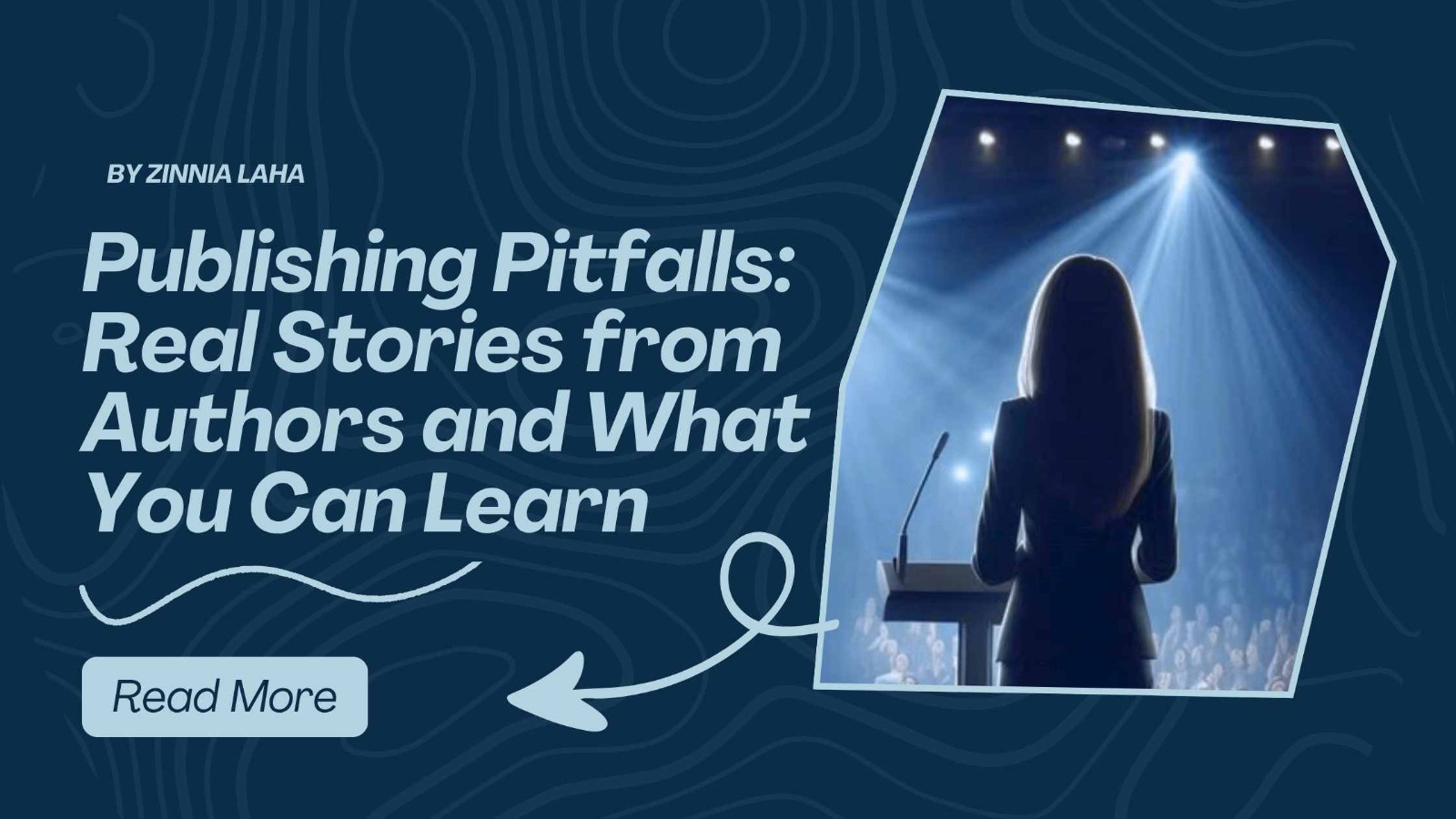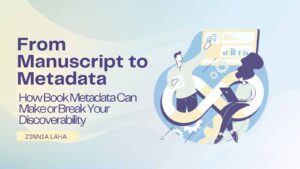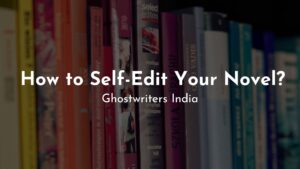Publishing a book is often seen as the pinnacle of a writer’s journey, a dream realized after countless hours of writing, revising, and hoping. However, behind the glamour of seeing your name on a cover and holding a physical copy lies a labyrinth of challenges that many authors face—pitfalls that can catch even the most prepared writers off guard. Understanding these publishing pitfalls through real stories from authors not only demystifies the process but also equips aspiring writers with invaluable lessons to navigate the complex world of publishing more effectively.
One of the most common hurdles authors encounter is underestimating the importance of professional editing. Take the story of Lisa, an indie author who self-published her debut novel with great enthusiasm. Eager to share her story with the world and save money, she chose to skip professional editing, relying instead on friends and family for feedback. While their encouragement was heartfelt, her book was riddled with structural issues and grammatical errors that distracted readers and led to poor reviews. This experience taught Lisa a hard lesson: editing is not just about correcting typos but refining the narrative, pacing, and voice to ensure the story resonates. For writers, investing in a skilled editor is crucial—no matter how confident you feel about your manuscript. A polished book not only enhances reader experience but also strengthens your credibility.
Also Read: The Rise of Audiobooks: Should You Turn Your Book into One
Another significant pitfall is a lack of understanding of the publishing options available. Many authors enter the industry thinking traditional publishing is the only path to success, while others rush into self-publishing without researching what it entails. Raj, a mid-career novelist, initially submitted his manuscript to several traditional publishers, waiting months for replies. When rejections piled up, he decided to self-publish but was unprepared for the responsibilities that came with it—marketing, distribution, and formatting. His sales stagnated, and frustration mounted. What Raj eventually learned was that both traditional and self-publishing require strategic planning, and many authors benefit from hybrid approaches or working with small presses that offer a middle ground. Understanding these options early helps authors set realistic goals and allocate resources wisely.
Marketing is yet another area where many authors stumble. Writing the book is just the first step; promoting it effectively can make or break its success. Take Maya’s story: after a well-reviewed novel, she assumed the book would sell itself. However, sales were disappointing. Maya realized she lacked a marketing plan and had minimal online presence. She had not engaged with potential readers or leveraged social media platforms, book bloggers, or local events. Through trial and error, Maya developed a promotional strategy that included building an author website, running giveaways, and connecting with readers online. This experience highlighted that authors must become their own marketers, especially in today’s digital age. A book’s quality is vital, but visibility drives sales and readership growth.
The financial side of publishing can also be a minefield. Many authors underestimate the costs involved—cover design, editing, marketing, ISBNs, and sometimes printing. Rajiv, who self-published his thriller, initially believed he could do everything on a shoestring budget. However, he soon found that cutting corners on design and marketing hurt his book’s appeal and reach. Investing more upfront in professional services led to a better product and stronger sales. Authors should budget realistically and be prepared for ongoing expenses post-publication. This financial planning is essential for turning passion into a sustainable career.
Also Read: How a Ghostwriter in India Can Help You Finish Your Book Faster
Contract pitfalls are also common, especially when working with traditional publishers or agents. Contract language can be dense and confusing, leading to misunderstandings about rights, royalties, and obligations. Sarah, a debut author, signed a contract that granted her publisher broad rights she hadn’t anticipated losing, including international and digital rights. Later, she discovered her ability to republish or adapt her work was limited. Consulting a literary lawyer or a knowledgeable agent before signing can save authors from costly regrets. Understanding contracts fully empowers authors to negotiate better terms and retain control where possible.
Another less discussed but equally impactful issue is the emotional toll publishing can take. The process involves rejection, criticism, and sometimes a lack of recognition that can be disheartening. For instance, David, after his third manuscript was rejected, struggled with self-doubt and considered giving up. He found solace in writing communities and workshops where he could share experiences and receive constructive feedback. Recognizing that rejection is part of the process helped him develop resilience. Aspiring authors should prepare emotionally and seek support networks to maintain motivation and confidence.
Timing and patience are virtues in publishing often overlooked. Many new authors expect rapid success and become discouraged when it doesn’t happen. Priya’s experience illustrates this well—her debut novel had moderate initial sales, but through persistent marketing and subsequent releases, her readership steadily grew over several years. The lesson here is that building a career in writing is often a marathon, not a sprint. Patience and consistent effort, coupled with continuous learning, tend to yield the best results.
Technology and formatting present their own challenges. Ebooks, print-on-demand, and audiobooks require technical skills or trusted collaborators. John, who tried to format his ebook himself, faced issues with inconsistent layouts and poor readability on various devices, leading to customer complaints and refund requests. He eventually hired a professional formatter and noticed a significant improvement in customer satisfaction and sales. Understanding the technical aspects or partnering with experts can greatly enhance the reader’s experience and reduce negative reviews.
Also Read: Self Publishing in India vs Hybrid Publishing: Know the Difference
Finally, the importance of authentic author branding and voice cannot be overstated. Readers connect not only with stories but also with the personalities behind them. Authors who treat marketing as a chance to showcase their unique voice and engage authentically tend to build loyal communities. Consider Nina, who started a blog sharing insights about her writing process and personal experiences. Her transparency and warmth attracted a dedicated following, which translated into sustained book sales and enthusiastic word-of-mouth promotion. Building a brand that reflects who you are can make marketing feel less like a chore and more like a natural extension of your creative journey.
In conclusion, the path to publishing success is riddled with potential pitfalls that can overwhelm or discourage even the most talented authors. Yet, by learning from real experiences—whether it’s the importance of professional editing, understanding publishing options, planning marketing, managing finances, reading contracts carefully, or preparing emotionally—writers can equip themselves to face these challenges with confidence. Publishing is as much about persistence, education, and adaptability as it is about talent. For those willing to embrace the full scope of the journey, the rewards—creative fulfillment, reader connection, and professional growth—are well worth the effort. Every pitfall, after all, is an opportunity to learn, improve, and ultimately, empower your voice in the literary world.





